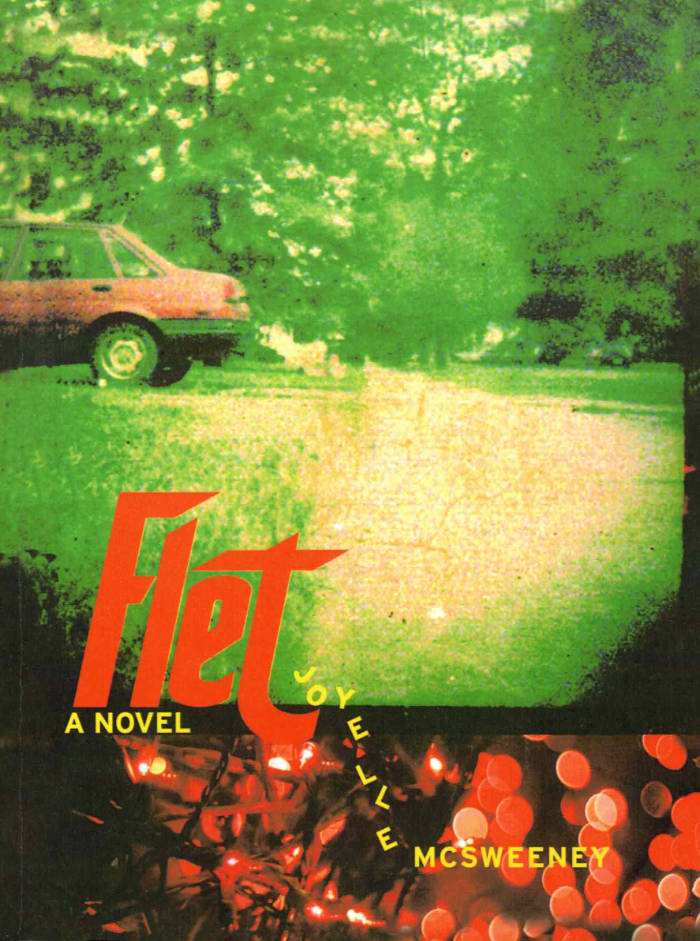
Terminal Boredom
The first English-language publication of the work of Izumi Suzuki, a legend of Japanese science fiction and a countercultural icon.
In a future where men are contained in ghettoised isolation, women enjoy the fruits of a queer matriarchal utopia—until a boy escapes and a young woman’s perception of the world is violently interrupted.
The last family in a desolate city struggles to approximate twentieth- century life on Earth, lifting what notions they can from 1960s popular culture. But beneath these badly learned behaviours lies an atavistic appetite for destruction.
Nonchalantly hip and full of deranged prescience, Suzuki’s singular slant on speculative fiction would be echoed in countless later works, from Neuromancer to The Handmaid’s Tale. In these darkly playful and punky stories, the fantastical elements are always grounded in the universal pettiness of strife between the sexes, and the gritty reality of life on the lower rungs, whatever planet that ladder might be on.
Language: English







